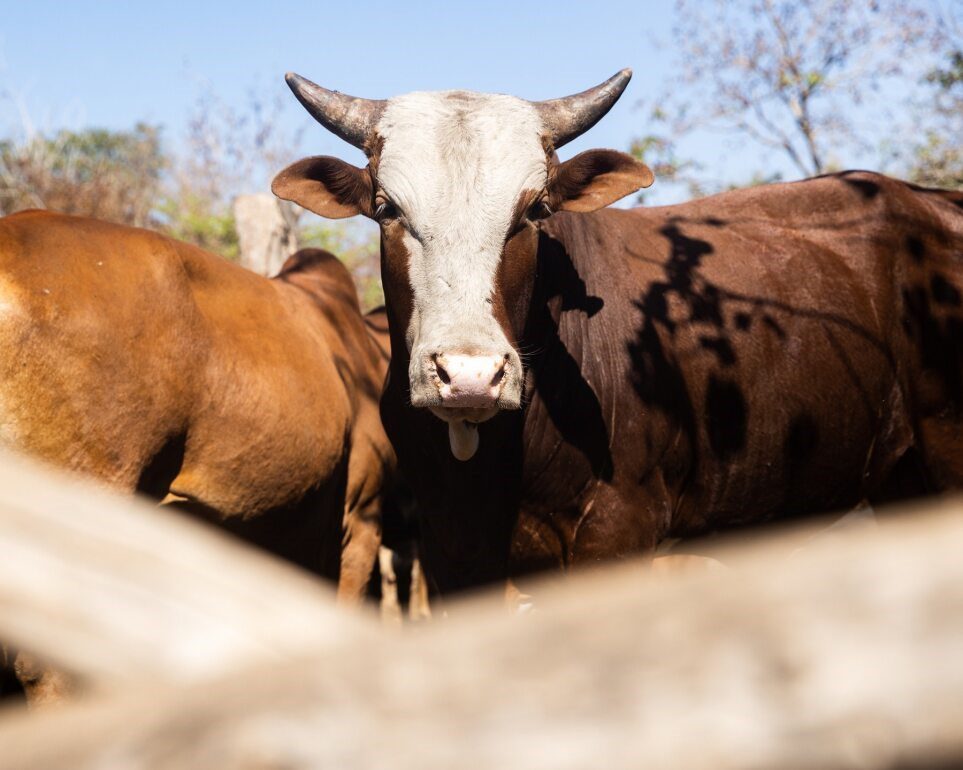A new project will develop solutions that increase the productivity of livestock systems in Sub-Saharan Africa
Scientists from Scotland’s Rural College (SRUC) will carry out research into plant breeding and animal nutrition to increase productivity and reduce greenhouse gas emissions as part of a new centre announced by UK Prime Minister Rishi Sunak.
The UK-CGIAR – link to website – was launched at a global food security summit hosted by the Bill & Melinda Gates Foundation, the Children’s Investment Fund Foundation and the Foreign, Commonwealth & Development Office (FCDO) in London yesterday (20 November).
With funding from the Foreign, Commonwealth & Development Office, the UK-CGIAR aims to harness the country’s strengths in science and technology to help tackle the interconnected challenges of global food security and climate change.
It will do so by strengthening existing partnerships and forging new collaborations between CGIAR – a global partnership that unites international organisations engaged in food security research – and science centres in the UK and the Global South.
Scientists at SRUC will work with the International Livestock Research Institute (ILRI), part of CGIAR and co-hosted by Kenya and Ethiopia, to drive a step change in the breeding and manipulation of forages and crop residues for use in ruminant production systems.
The project, which starts next year, will combine ILRI’s expertise in plant breeding and SRUC’s track record on ruminant nutrition, to develop tools to accelerate the development of new forages and plant residues for Sub-Saharan Africa that boost animal production while decreasing greenhouse gas emissions.
Lead researcher Professor Jamie Newbold, Provost and Deputy Principal at SRUC, said: “Livestock is a fast-growing, high-value agricultural subsector accounting for 15–80 per cent of GDP in low- and middle-income countries. In Africa and Asia, demand for livestock products is expected to grow 200 per cent by 2030.
“Ruminants can make use of feed substrates such as crop residues and forages not otherwise nutritionally available to humans. However, such systems are associated with higher levels of greenhouse gas emissions and low productivity, particularly in the Global South.
“There is a need to develop solutions that increase the productivity of livestock systems in Sub-Saharan Africa while also reducing their environmental impact.”
The summit sessions can be viewed live on Zoom: https://ukglobalfoodsecuritysummit.com/programme
For more information, visit: https://www.cabi.org/uk-cgiar-centre/






